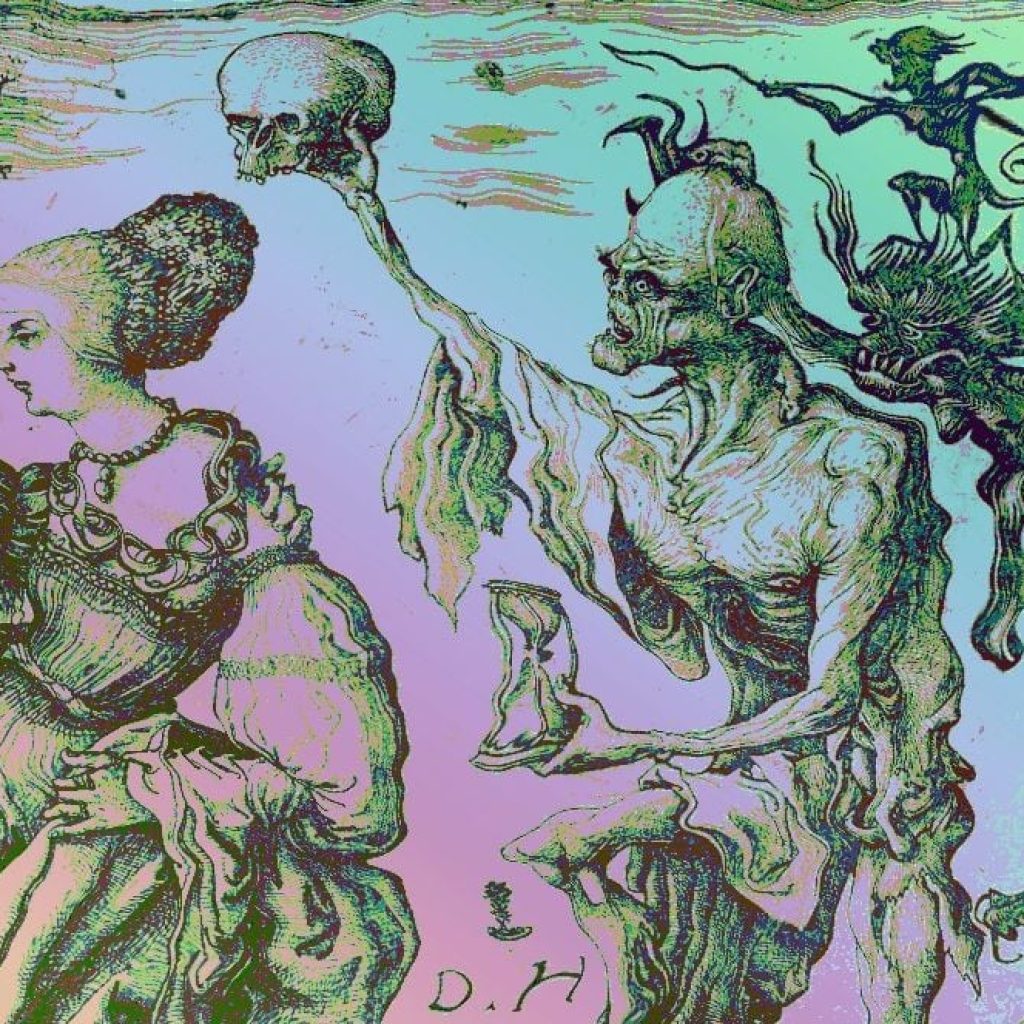As TikTok grapples with misinformation, many outlandish conspiracy theories have emerged. From fantastical tales of vampires and wendigos to alarming claims about killer asteroids, these narratives have captured the attention of millions of users. Despite efforts to combat misinformation, concerns persist about the platform’s role in disseminating false information, especially as its future in the United States remains uncertain.
A recent report by Media Matters sheds light on the proliferation of conspiracy theories on TikTok, where users exploit viral content to spread unfounded claims. Among these theories are assertions about the US government’s secret dealings with mythical creatures, including the improbable suggestion of capturing King Kong. These videos, often accompanied by eerie background music and AI-generated voices, garner millions of views, fueling speculation and fear among viewers.
Researchers point out that peddling conspiracy theories can be financially lucrative for TikTok users, with the platform’s “Creativity Program” incentivizing creators to generate engaging content. Despite TikTok’s policies against harmful misinformation, tutorials on other platforms provide step-by-step guides on crafting viral conspiracy theory videos. The combination of financial incentives and readily available AI tools has led to the proliferation of such content, raising concerns about its impact on public discourse.
Threats of AI and policy debates
The rise of misinformation on TikTok coincides with growing concerns about the influence of artificial intelligence, particularly in the context of upcoming elections worldwide. European regulators have pressed platforms like TikTok on the risks posed by AI, including the spread of deepfakes and disinformation. In the United States, policymakers have moved to ban TikTok over concerns about its ties to the Chinese government and its potential threat to national security. However, experts caution against such measures, arguing that censorship is not the solution to combating misinformation.
As TikTok grapples with the spread of misinformation, questions about its impact on society and democratic processes loom large. While efforts to regulate the platform are underway, the challenge of balancing freedom of expression with the need to curb harmful content remains unresolved. As users continue to flock to TikTok for entertainment and information, the platform’s role in shaping public discourse will undoubtedly come under further scrutiny in the months and years ahead.
TikTok’s battle against misinformation reflects broader concerns about the influence of social media platforms in shaping public opinion. While efforts to combat false information are underway, the complex interplay of financial incentives, AI technology, and regulatory challenges poses formidable obstacles. As policymakers and platforms alike grapple with these issues, the need for a nuanced and collaborative approach to tackling misinformation has never been more urgent.





